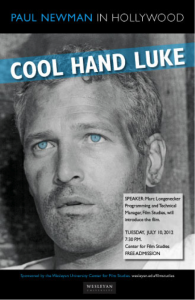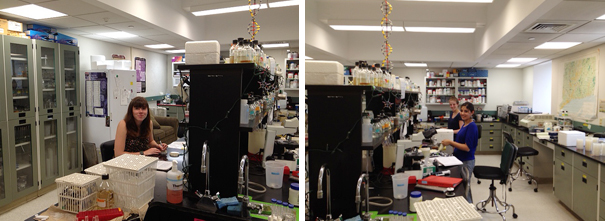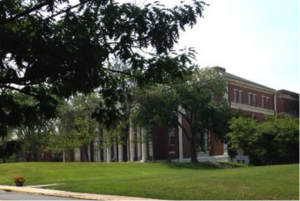Yesterday I sent messages to faculty, staff and students asking for new ideas to enhance the distinctive educational experience of Wesleyan students by making the most of our residential dimension. Our new Provost, Ruth Striegel Weissman, will be working with other Cabinet members to vet the short proposals we will receive. When I asked for input for big projects six years ago, we received ideas that enabled us to create new writing programs (eventually the Shapiro Writing Center), research stipends, and the College of the Environment. I can hardly wait to see what new ideas come forward this time!
Here’s the faculty version of my email:
Dear Colleagues,
At last week’s faculty meeting I announced that we are inviting faculty members to submit 1-2 page proposals for initiatives that have the potential to significantly improve the distinctive educational experience of Wesleyan students by leveraging its residential dimensions. What kinds of programs should we strengthen or create to offer our students deeper opportunities for learning? What kinds of programs should we create or strengthen to extend the impact of the years spent on the Wesleyan campus?
Someone pointed out to me that I barely mentioned MOOCs in my remarks to the faculty. That’s because although our experiments in online education continue in modest ways, these are in no way substitutes for innovation on campus. Rather, they put into sharper relief what is so very valuable about residential education. I realize that our curriculum evolves organically, and that many departments are regularly renewing the offerings. But Ruth and I agree that this is a particularly propitious time to launch experiments aimed at enhancing our work as a residential liberal arts university. From advising to the First Year Seminars, from interdisciplinary programs to capstones, our work here should build on our residential foundations. How can we do so more effectively?
We need your ideas. We hope to receive 1-2 page proposals from faculty members by November 1. Proposals may be submitted to 2020@wesleyan.edu. We will also be soliciting ideas from students and staff. The Provost’s Office will convene a group to evaluate faculty proposals and choose a short list of contenders. At that point we will request more detailed proposals.
Thank you in advance for thinking about how we might even further energize the distinctive educational experience of Wesleyan students.





